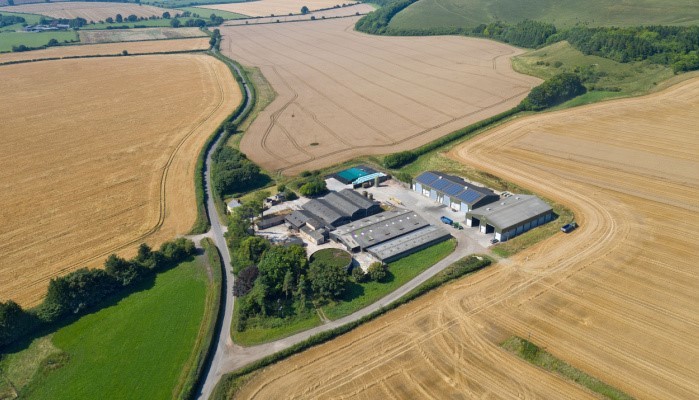At present, UK taxpayers who inherit properties located in the European Economic Area (EEA) can qualify for agricultural relief on Inheritance Tax in the UK.
However, since the UK left the EU, which the EEA is an extension of, the Inheritance Tax treatment of properties in the EEA is due to be brought in line with properties in the rest of the world – meaning EEA properties will no longer qualify.
The 2023 Spring Budget announced the government’s plans to change the geographical scope of Agricultural Property Relief (APR) and Woodlands Relief, restricting these Inheritance Tax reliefs to properties in the UK only.
Draft legislation has now been published confirming that this geographical restriction will be enforced next year from 6th April 2024.
This means that any property located in the Isle of Man, the Channel Islands, or non-EU EEA countries (Norway, Iceland, and Liechtenstein) will cease to qualify.
How are Agricultural Relief and Woodlands Relief changing?
Back in 2009, the Finance Act expanded the scope of both APR and Woodlands Relief to include property in the EEA to ensure compliance with EU law.
After Brexit, the UK government no longer has to comply with this EU law, so the new legislation will now reverse those measures and treat properties in the EEA the same as those anywhere else outside the UK for Inheritance Tax (IHT) purposes.
It will also reverse the expansion of APR to property in the Isle of Man and Channel Islands from the 1970s, removing this relief in line with the unavailable Woodlands Relief.
Agricultural Property Relief exempts land or pasture used for growing crops or rearing animals from IHT, applicable for both lifetime gifts and property inherited on death.
To qualify, the owner or their spouse must have occupied the property and used it for agricultural purposes immediately before the transfer of ownership for 2 years, or 7 years if the land was occupied by a tenant farmer.
To claim 100% relief, the owner must have farmed the land themselves, allowed someone else to use it on a short-term grazing licence, or let the land through a tenancy that began after 1st September 1995. Other cases will only qualify for 50% relief.
Woodlands Relief is not as generous, because it has stricter conditions and only covers growing timber on the land and not the land itself.
The inheritor liable for IHT can exclude the value of trees or underwood on the land from the value of the deceased individual’s estate if they had owned the woodlands for at least 5 years, but IHT will be due on profits from any timber sales.
Neither relief will be available for properties in the named areas from April 2024.
Who will be affected by these tax relief restrictions?
The changing legislation will affect UK taxpayers who own or inherit land or property occupied for agricultural purposes within the European Economic Area, the Isle of Man, and the Channel Islands, and trustees of trusts with an interest in such properties.
Transfers of value and other occasions where IHT is due in respect of these properties will no longer be eligible for the named tax reliefs from the date that the new legislation comes into force, but there are otherwise no changes to administrative obligations.
There is no indication that business reliefs will be restricted in the same way, so it could be possible to restructure agricultural interests to maintain eligibility. Most businesses will qualify for Business Property Relief (BPR).
However, as this isn’t available in all circumstances, the government is consulting on how APR
could be extended to environmental land management. The aim is to prevent landowners and farmers from avoiding sustainable farming and nature recovery schemes out of concerns over losing agricultural and woodland reliefs.
Get help with Inheritance Tax planning
If you own an estate or could be liable to inherit an estate that previously would have qualified for these reliefs, there are several options to explore before the new measures take effect next April, such as gifting land early or restructuring a business.
Detailed information about Agricultural Relief on Inheritance Tax can be found in a guide published on the government website, but if you own a property that is likely to be affected and are concerned about your tax planning, you may want to seek professional advice.
If succession and tax planning guidance would benefit your situation, please get in touch with the tax advisers at gbac. Our accountants in Barnsley could help you to mitigate the impact of losing these reliefs through tailored IHT planning.
Call us on 01226 298 298
or email enquiries to info@gbac.co.uk to find out more.
